As the summer sun blazes, take special precautions to protect your furry friend from the excessive heat’s dangers. Pets, like people, can suffer from heat-related illnesses that can be severe and even life-threatening. However, when the weather is pleasant, you naturally want to spend as much time as possible outdoors with your pet. To prioritize their health and well-being, follow our Midtown Veterinary Hospital team’s 10 essential summer heat safety tips for pets.
1. Keep your pet hydrated
Water is the most crucial factor in keeping your pet cool and healthy. Always ensure your furry friend has access to fresh, clean water by placing multiple bowls around your home and yard. When you are outside with your pet, consider adding ice cubes to their water bowls to keep the water cooler for an extended period. In addition, remember to always carry water and a portable bowl for your pet during walks or outdoor activities.
2. Avoid exercising your pet during the hottest times of day
Avoid walking your pet or engaging in strenuous activities during the day’s peak heat, typically between 10 a.m. and 4 p.m. Instead, plan walks for early mornings or late evenings when temperatures are lower. Plan indoor activities, such as fetch with a soft toy or hide-and-seek, for your furry pal during the summer months.
3. Provide ample shade for your pet
If your pet spends a lot of time outdoors, ensure they have access to plenty of shaded areas. Trees, tarps, and umbrellas can provide much-needed relief from the direct sunlight. However, when temperatures exceed 90 degrees, you should bring your pet inside. Even with shade, they can suffer from heat-related illnesses when the temperature is high.
4. Never leave your pet inside a parked car
Inside a vehicle is one of the most dangerous places for your pet during the summer. Even with the windows cracked open, temperatures inside a car can skyrocket within minutes, leading to fatal heatstroke. Always take your furry pal with you when you leave the vehicle, and if you can’t, leave them at your air-conditioned home while you run errands.
5. Recognize the signs of heatstroke in pets
You must learn to recognize pets’ hyperthermia and heatstroke signs. Common signs include excessive panting, drooling, lethargy, confusion, vomiting, diarrhea, and bright red gums. If you suspect your pet is suffering from heatstroke, immediately move them to a cool area, offer small sips of room temperature—not cold—water, and contact our Midtown Veterinary Hospital team immediately.
6. Keep your pet cool with a kiddie pool and baths
You can help your pet stay comfortable by giving them a cool bath. You can also apply wet towels to their paws, belly, and back of the neck. If your furry friend enjoys water, put a shallow kiddie pool in the backyard or turn on a sprinkler they can run through. Special cooling vests and mats designed for pets can also provide relief.
7. Ensure your pet is well-groomed
Regular grooming can help keep your pet’s coat free of mats and tangles, which can trap heat. For dogs and cats with thick fur, trimming their coats can help keep them cool. However, never shave your pet, as fur also serves as insulation against heat, and exposed skin is susceptible to sunburn.
8. Protect your pet’s paws from hot surfaces
Sand, packed earth, asphalt, and concrete can heat up like a barbecue grill under the summer sun. Check the surface with your palm and walk on grassy areas if the pavement is too hot. You can also outfit your pet in booties. These paw-protecting garments prevent burns and also protect against cuts and injuries from glass and sharp objects.
9. Apply pet-safe sunscreen to exposed skin
Pets, especially those with short fur, light-colored coats, or minimal fur, can get sunburned. Apply pet-safe sunscreen to their sensitive nose, ears, and belly areas. Never use sunscreen intended for people on your furry friend, as the product likely contains toxic ingredients.
10. Practice special care for senior pets and brachycephalic breeds

Breeds with short noses, such as bulldogs, pugs, French bulldogs, and Persian cats, are prone to heatstroke because of their compromised ability to cool off efficiently. Senior pets and those with health conditions also need extra care and should be kept in a cool environment, especially during extreme heat.
Summer can be enjoyable for you and your pet, but the season’s hot temperatures require that you take extra caution and care. By following our heat safety tips, you can keep your four-legged friend comfortable. Is your pet ready for summer? Schedule an appointment with our Midtown Veterinary Hospital team.

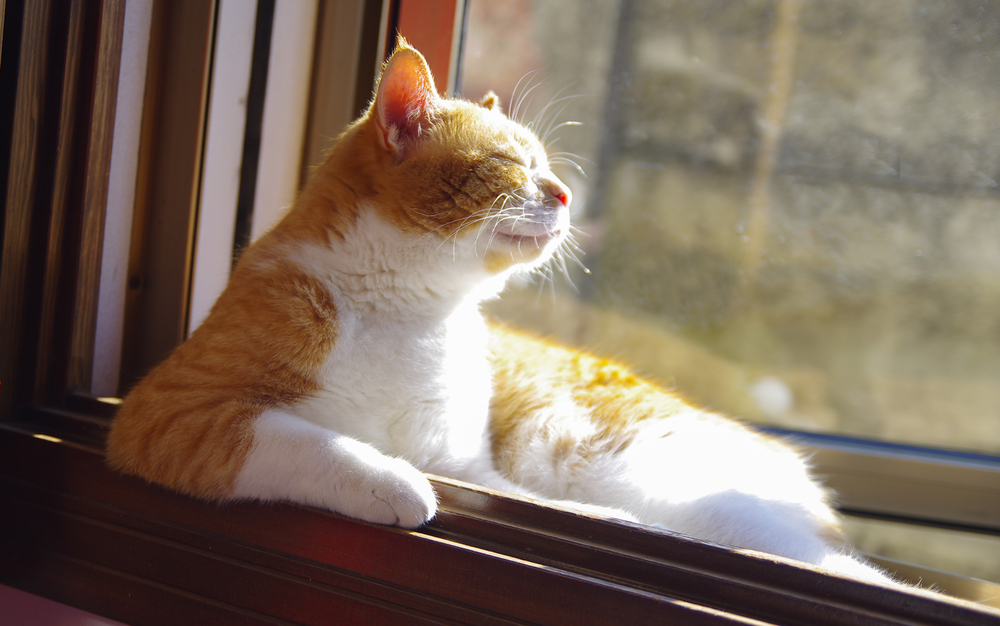
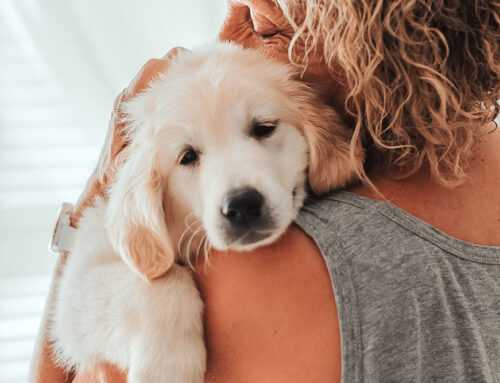
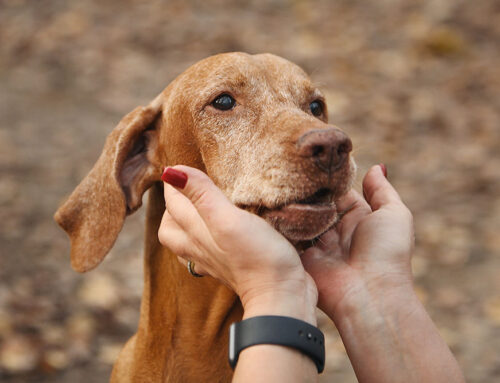
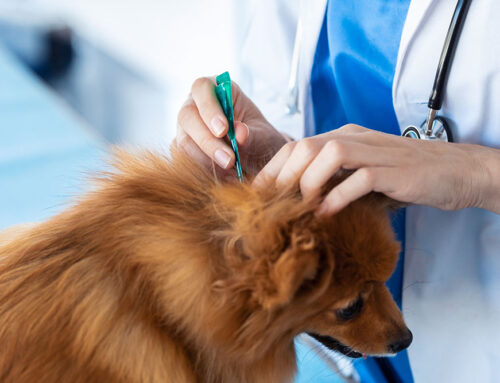
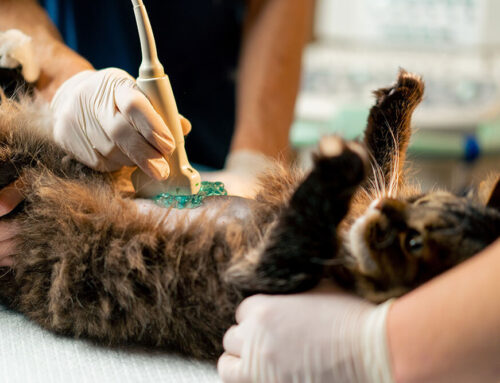
Leave A Comment